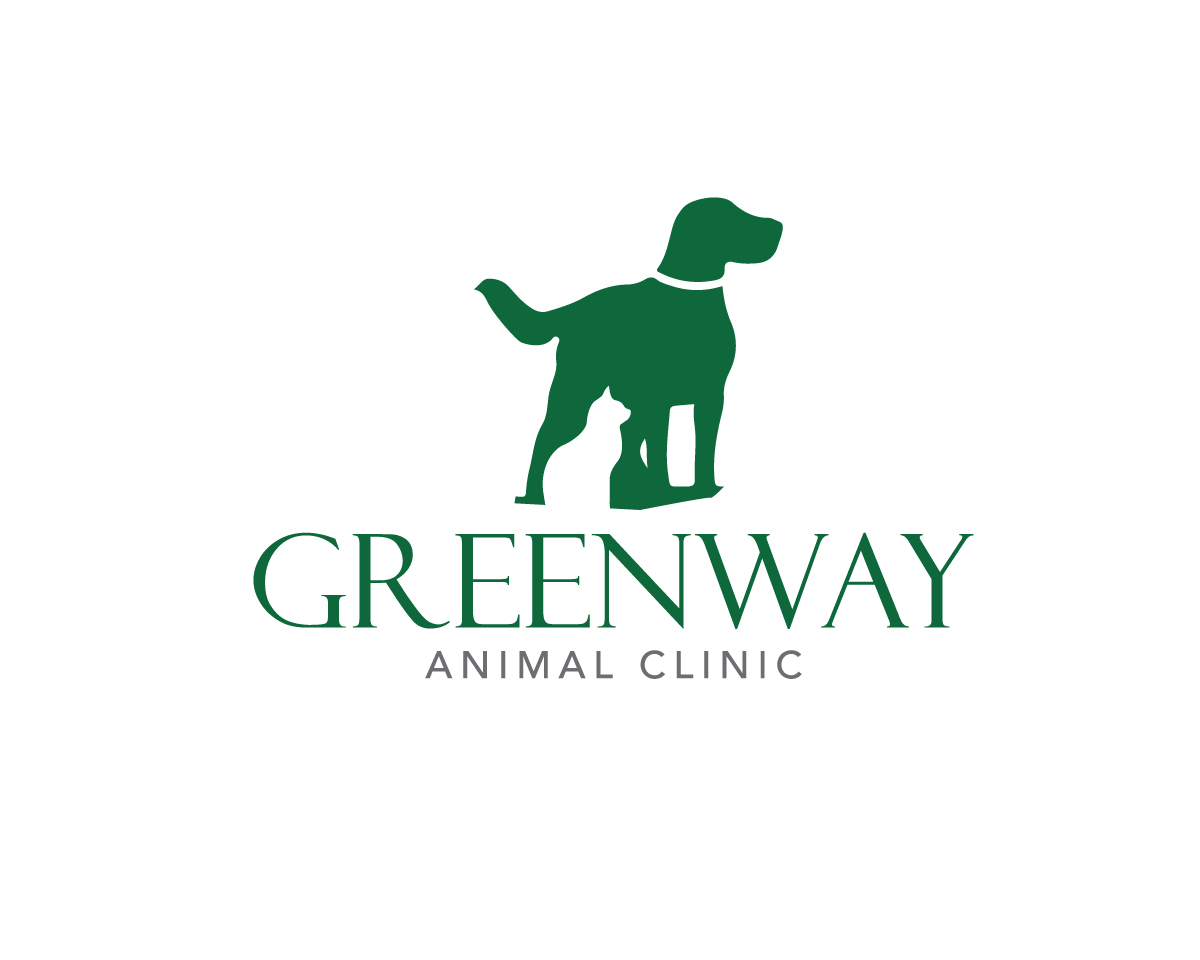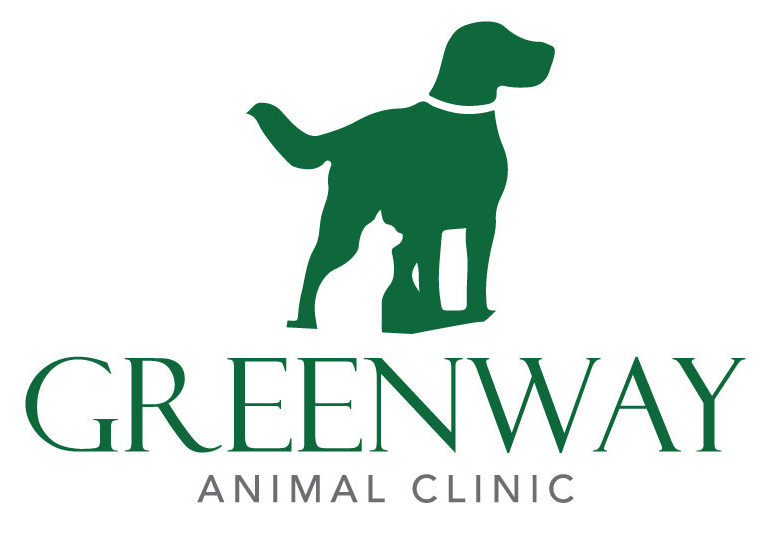Pet Health Library
-
If you think your pet is unwell, you must take it to your veterinarian for prompt attention. ANY deviation from normal should be a cause for concern and requires immediate evaluation by your veterinarian.
-
Herbal remedies made from the Echinacea plant are very popular and used to support the immune system. It is advisable to use a blend of Echinacea, containing E. purpurea herb and E. angustifolia root since the combination improves availability of the important active ingredients.
-
In the wild, the ferret is a “whole carcase” feeder. It is an obligate carnivore with a very short gut and so is unable to deal with much, if any, fibre or carbohydrate in the diet.
-
In the wild rabbits spend many hours chewing grass. This is a tough fibrous material that also contains abrasive silicates.
-
Pet rodents can be fed a good, high quality rodent chow (pelleted food) available at pet stores.
-
It has always been customary for vets to recommend surgical neutering of ferrets. Unfortunately, it is now clear that this has been a major factor in the large increase in cases of adrenal gland disease.
-
Due to their reputation as curious creatures and escape artists, ferrets should be housed in a cage which is securely closed and locked.
-
It is most convenient to house pet rodents in wire type 'bird-cages', although cages are available specifically for these pets. Wooden cages are not suitable as rodents love to chew and can really destroy their homes.
-
Many rabbits are housed outside in a hutch with ready access to a grass run. They must have a well-sheltered warm hutch during winter and a cool area during the summer months.
-
Ferrets can make good pets. A commercial ferret food is normally recommended, and they easily learn to use a litterbox.

